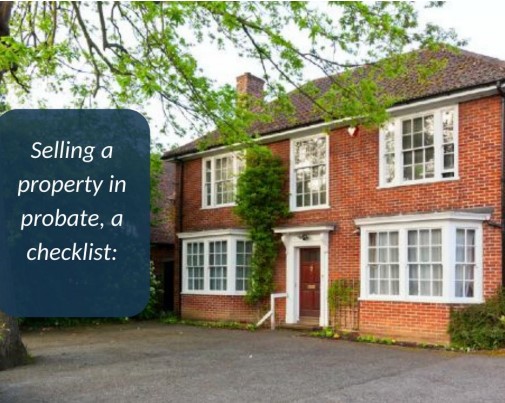Autumn Budget 2017: how will it affect the property industry?
With the continuing housing crisis casting a shadow over Hammond’s Budget – the chancellor hopes to alleviate the fears held by many prospective home buyers.
Philip Hammond, the current Chancellor of the Exchequer laid out his plans on November 22nd to aid the struggling property industry via a series of radical changes to the rules and regulations that govern its expansion, as well as its attractiveness to investors. But are these proposed changes likely to aid the housing crisis in reality?
Stamp duty freeze
Touting the idea that home ownership will no longer be a distant dream for young people, Hammond announced that the purchase of any first house (up to the value of £300,000) would be free of stamp duty. Keen-eyed observers, however, have been quick to point out that almost a third of all first homes bought in 2016 were below the £120,000 threshold for stamp duty regardless, and so freezing stamp duty would do little to aid a large proportion of first time buyers. And with a maximum saving of only £5,000 for first purchases worth £300,000 – many experts are questioning how this move could possibly benefit those who are already finding it hard to save the money for a mortgage deposit on a simple starter home.
Green belt encroachment
In an effort to satisfy the larger companies who have been complaining about a lack of land upon which to build, Hammond has also announced that large areas of protected green belt countryside will be reclassified as open for development. This move itself is likely to be extremely unpopular across the country, as well as within the Tory party itself. It is also likely to face a backlash by conservationists who will question the legitimacy of the Chancellors claim to the unspoilt habitats of various flora and fauna. Unfortunately, many of the companies who wish to purchase this green belt land already own a large number of plots within cities – and numerous industry professionals have claimed that development of these sites is being purposely deferred in an effort to drive house prices up so house-builders can enjoy a further profit once construction is finally completed.
Further Help-to-Buy investments
The Help-to-Buy scheme was also confirmed to benefit from the outcome of the Autumn Budget, following on from a statement last month by Theresa May within which she promised a £10bn investment for the continuation of the policy until 2021. While this is good news for some, the charity Shelter has often claimed that the scheme has been partially responsible for the continued rise in house prices as a result of buyers investing in new-build homes that would otherwise be outside their means. There have also been criticisms regarding the benefits of its implementation within the capital where outrageous house prices have been shown to limit its efficacy.
More new-build homes
In his Budget, Hammond also pledged to build, on average, 300,000 homes a year by 2025 – the largest increase in new homes for almost 50 years. Targeting urban areas with large numbers of available jobs, the Chancellor also hopes to provide an additional injection of cash into the The Housing Infrastructure Fund with the aim of regenerating brown sites that would otherwise be left in ruin. However, a number of prominent economists and developers are less optimistic regarding the governments capability of delivering on that promise, and Jeremy Corbyn, the leader of the opposition, was quick to state that the Tory party had made a similar promise of building 200,000 starter homes back in 2014 – a promise which has so far yielded a total of zero new-builds.
How will these changes affect me?
As with many of the budgets in previous years, the changes announced by the various Chancellors mean precisely nothing until they are implemented – and so it is important to focus not on the declarations themselves, but on their delivery.
For those who wish to buy, the dream of more affordable homes becoming available may not be realised for a further eight years, if at all. And if the Help-to-Buy scheme continues to raise prices in the short-term, by the time that additional housing is available they may still be too expensive for the majority of people. Furthermore, the likelihood of a large increase in the number of new-build homes depends heavily upon whether or not house-building companies will actually receive the go-ahead to buy and build on green belt land amidst criticism from a nation who are becoming increasingly aware of the plight of the environment.
For those who hope to sell their house fast, there are worries that the promises made by Hammond during the Budget may cause prospective buyers to delay making an offer on a home in the hope that his assurances will come to pass and cheaper housing will become available to them – but even they do make an offer, the stamp duty freeze heralded by the Tories is unlikely to help them in any consequential fashion to save a deposit.
Need to sell but can’t find a buyer? Why not ask National Homebuyers for advice, as we buy any house. Call 08000 443 911 or request a call back to find out how much you could get for your property.






